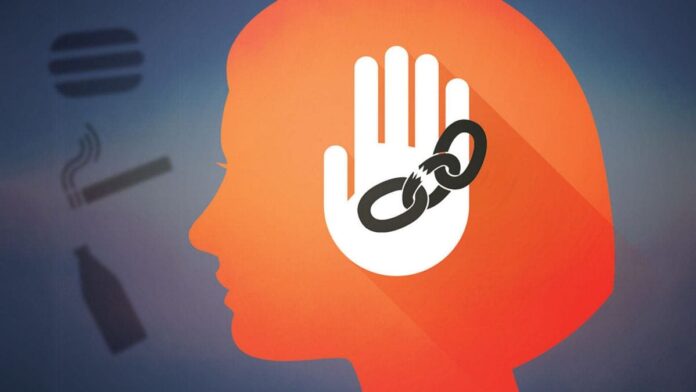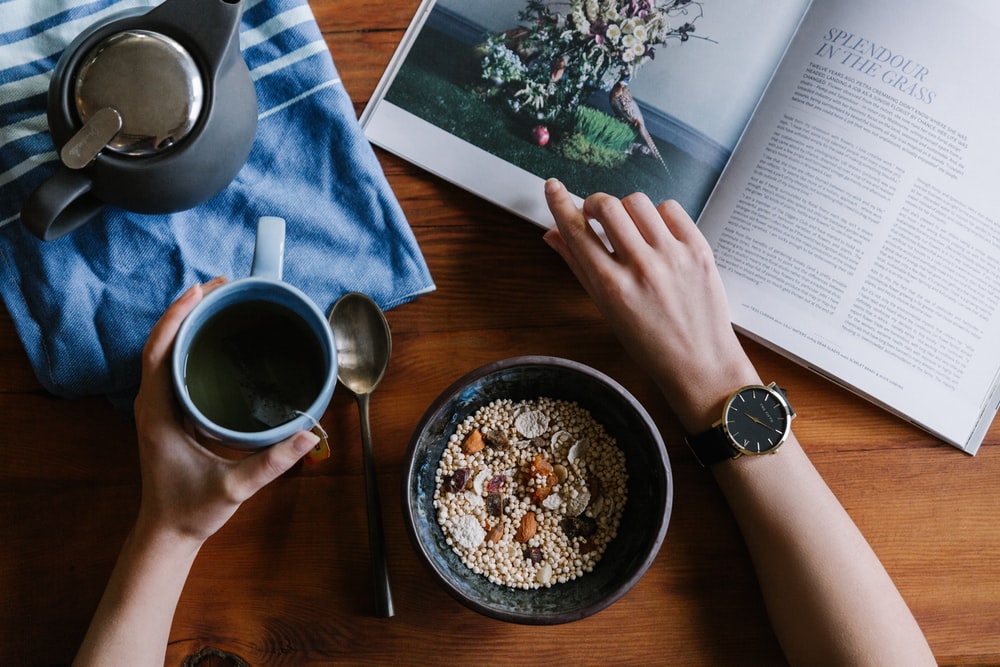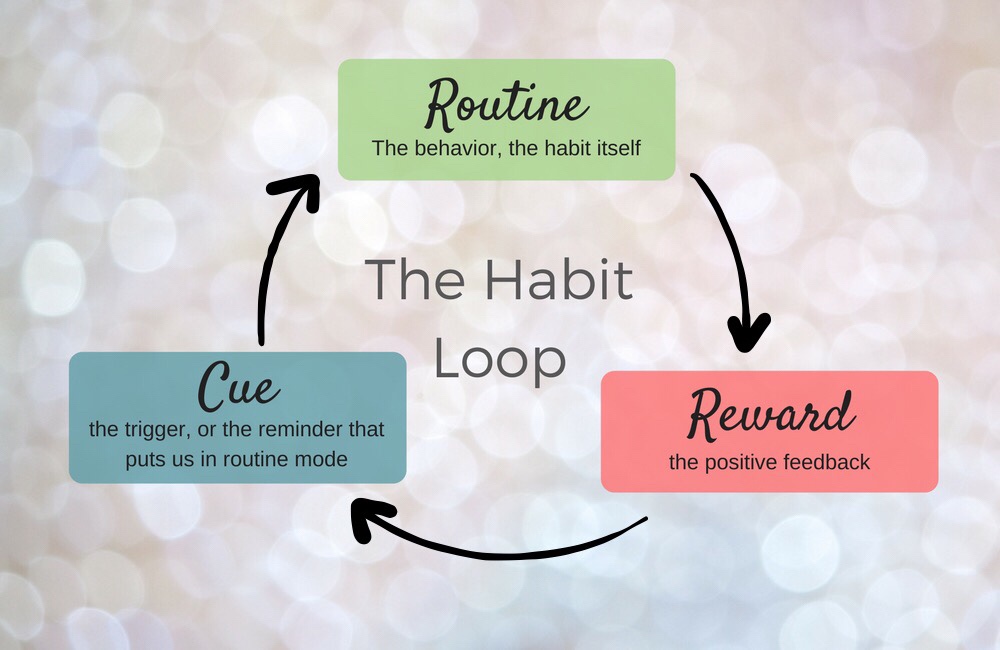
We all have at least one bad habit. For some people, bad habits can be hazardous. For example, excessive drinking, even while you might not have an alcohol use disorder, is a bad habit that you should try to change.
Another dangerous one is using your phone while you’re behind the wheel, which according to the MayFirm, is the second-leading cause of distracted driving accidents.
Then, there are those habits that maybe aren’t especially harmful, but you don’t have room for in your life anymore. Examples can include hitting snooze too many times, procrastinating, or attempting to multitask too frequently.
Regardless of where on the spectrum of harmfulness your bad habits fall, you may still want to get rid of the ones that don’t serve you and replace them with healthy, positive ones.
The following are some things you should know about getting rid of your bad habits and putting some good ones in their place.
Breaking Bad Habits

Before you can focus your efforts on building new, good habits, you might want to break the old ones. Tips for breaking any kind of bad habit include:
- Know your triggers. For example, if your trigger for looking at your phone when you’re behind the wheel is hearing notifications, turn them on silent every time you drive.
- Figure out why you want to make a change. It’s easier for us to change behaviors when we feel like that change will be beneficial for valuable to us. Write down some of the reasons you think breaking bad habits or habits will bring value to your life. If you need an extra kick of motivation, put your list of reasons somewhere that you’ll see often.
- Have someone hold you accountable. If you’re trying to stop doing something, having someone that knows your goals can help you stay accountable. Enlist the help of someone you trust along the way.

- Be mindful. Mindfulness isn’t just good for breaking negative habits—it’s in and of itself a good one. When you’re mindful, you’re more aware of your feelings, thoughts, and behaviors. You can stop being impulsive in how you do things because you’re observing those behaviors and feelings that might surround the habit you’re trying to change. You can start to consider alternatives more thoroughly.
- Replace your habit. We’ll talk more about building good ones below. If you often reach for something sugary in the afternoon, replace that with a workout or a walk around your block, for example.
- Nothing in life has to be all-or-nothing. If you have a slip-up, it’s okay. It happens. You don’t have to be too hard on yourself. Just focus on moving forward.
Healthy Habits You Should Do Everyday

Outside of particular habits you might want to develop, there are some things that you should try to incorporate into your routine every day. These habits will often motivate you to make other more significant positive changes in your life, and they can improve your overall quality of life.
- Drink plenty of water. Drinking enough water will help you cut back on eating too many calories because often, when we think we’re hungry, we’re actually thirsty. It’ll boost your energy levels and reduce brain fog, helping you feel your best mentally and physically.
- Move your body every day. It doesn’t have to be a major workout to be beneficial. Just short walks are going to have benefits in your life.
- Take time for self-care. Self-care should become non-negotiable, so carve out at least a few minutes for it every day.

- Learn to listen to what your body is telling you. This can come with practicing mindfulness. Your body is going to tell you not only what it’s feeling but likely why and what it needs, but you have to slow down and listen.
- Go outside. Try to get outside for fresh air each day.
- Stop using screens and devices at least 30 minutes before bed each night. Try to find something else to unwind and relax, like taking a bath or reading.
- Be intentional with everything that you do. To be intentional, be mindful of how you spend your time and the media you consume. Be an active listener and ask yourself why before you do things like buying something new. Know how to set boundaries and do things that bring you joy.
General Tips to Develop Good Habits
Above are habits we should all try to integrate into our lives. If you have a specific habit you’d like to cultivate, first, identify it specifically.
Then, you can help yourself by using the three R’s.
These are reminder, routine, and reward.

Reminders can help you overcome triggers to perhaps re-engage in bad habits. If something reminds you of a habit that doesn’t serve you anymore, get present in the moment and change direction if necessary. For example, if watching TV reminds you to snack more than you’d like to, turn off the TV and go outside for a walk instead. Anytime you’re reminded, get present.
The second R is for routine. You want to make the new habit part of your daily routine. Eventually, it won’t be hard to do it anymore.
The third R is reward, so you should reward yourself in healthy, positive ways when you change your behavior.
If you repeat the same action time and time, then it becomes a habit.
The habits we have in our daily lives, no matter how insignificant they might seem, are highly relevant to how we feel about ourselves and the world, productivity, and relationships.
Working on cutting out the habits you don’t feel is good for you can change your quality of life, as can adding in new, good habits. If you’re struggling, don’t be too hard on yourself and remember that eliminating and starting new habits is a process and a marathon, rather than something you do overnight.







